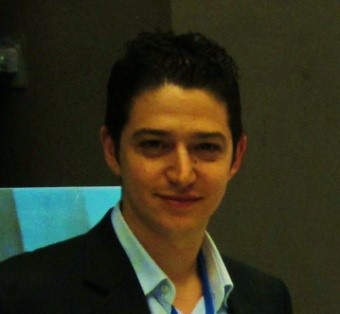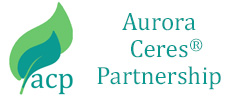By Dr Charis Galanakis, Research & Innovation Director of Galanakis Laboratories
The recovery of valuable compounds from food wastes is today one of the most emerging topics in the area of food science and sustainability. However, despite the omnipresence of related studies and patented methodologies, the market existing products derived from food wastes, are today rather limited. So, what are the barriers of making this trend really happen?
This is not a simple question met with a simple answer. Industrialization of such processes includes numerous issues such as laboratory research, transfer to pilot plan and full-scale production, protection of intellectual properties, development of definite applications, commercialization problems and in some cases approval of products’ health claims. These issues are necessary in order to ensure the sustainability of the process, the economic benefit for the involved food industry and the perpetual establishment of the derived products in the market.
In order to prevent stifling of innovation in the field from the strict regulations and accelerated safety concerns, and simultaneously address emerging wellness aspects, a new direction for developing and implementing scientific breakthroughs is required. In particular, the legislation challenges regulating health beneficial dietary products are lying to the specificity of the products, which have the characteristics of both food and biologically active ingredients. Thus, it would be advisable to clearly define the manufacturing and quality control criteria related to composition and content range of active substances as well as manufacturing development of the product. Currently, the manufacturer’s label typically provides only limited information about the origin and composition of the used extract in the final product formulation. Thus, a clearer label of the products containing recovered compounds would enable nutritionists and/or pharmacists to be more confident when recommending these products.
More insights in these issues are addressed by the recently published book “Food Waste Recovery: Processing Technologies and Industrial Techniques“, which acts as a guide to recover valuable components of food by-products and recycle them inside the food chain, in an economic and sustainable way. In addition, the Food Waste Recovery Workshop (at Vienna, 5th of July 2016) will provide state of the art knowledge, basic theory and critical information in the field.
 Charis M. Galanakis (cgalanakis@chemlab.gr) is a dynamic and interdisciplinary scientist with a fast-expanding work that balances between food and environment, industry and academia. His research targets mainly the separation and recovery of functional macro- and micro-molecules from different food by-products, as well as their implementation as additives in food and other products. He is the research & innovation director of Galanakis Laboratories (Chania, Greece), the co-founder of Phenoliv AB (Lund, Sweden) and the coordinator of Food Waste Recovery Group of ISEKI Food Association (Vienna, Austria), which is the biggest network worldwide in the particular field. He serves as an editorial board member and subject editor of Food and Bioproducts Processing and Food Research International.
Charis M. Galanakis (cgalanakis@chemlab.gr) is a dynamic and interdisciplinary scientist with a fast-expanding work that balances between food and environment, industry and academia. His research targets mainly the separation and recovery of functional macro- and micro-molecules from different food by-products, as well as their implementation as additives in food and other products. He is the research & innovation director of Galanakis Laboratories (Chania, Greece), the co-founder of Phenoliv AB (Lund, Sweden) and the coordinator of Food Waste Recovery Group of ISEKI Food Association (Vienna, Austria), which is the biggest network worldwide in the particular field. He serves as an editorial board member and subject editor of Food and Bioproducts Processing and Food Research International.
Follow Dr. Galanakis via Twitter – @CharisGalanakis, LinkedIn or ResearchGate.
Meet Dr. Galanakis at the Food Waste Recovery Workshop, join the Group on LinkedIn or the Food Waste Recovery Page on Facebook.



